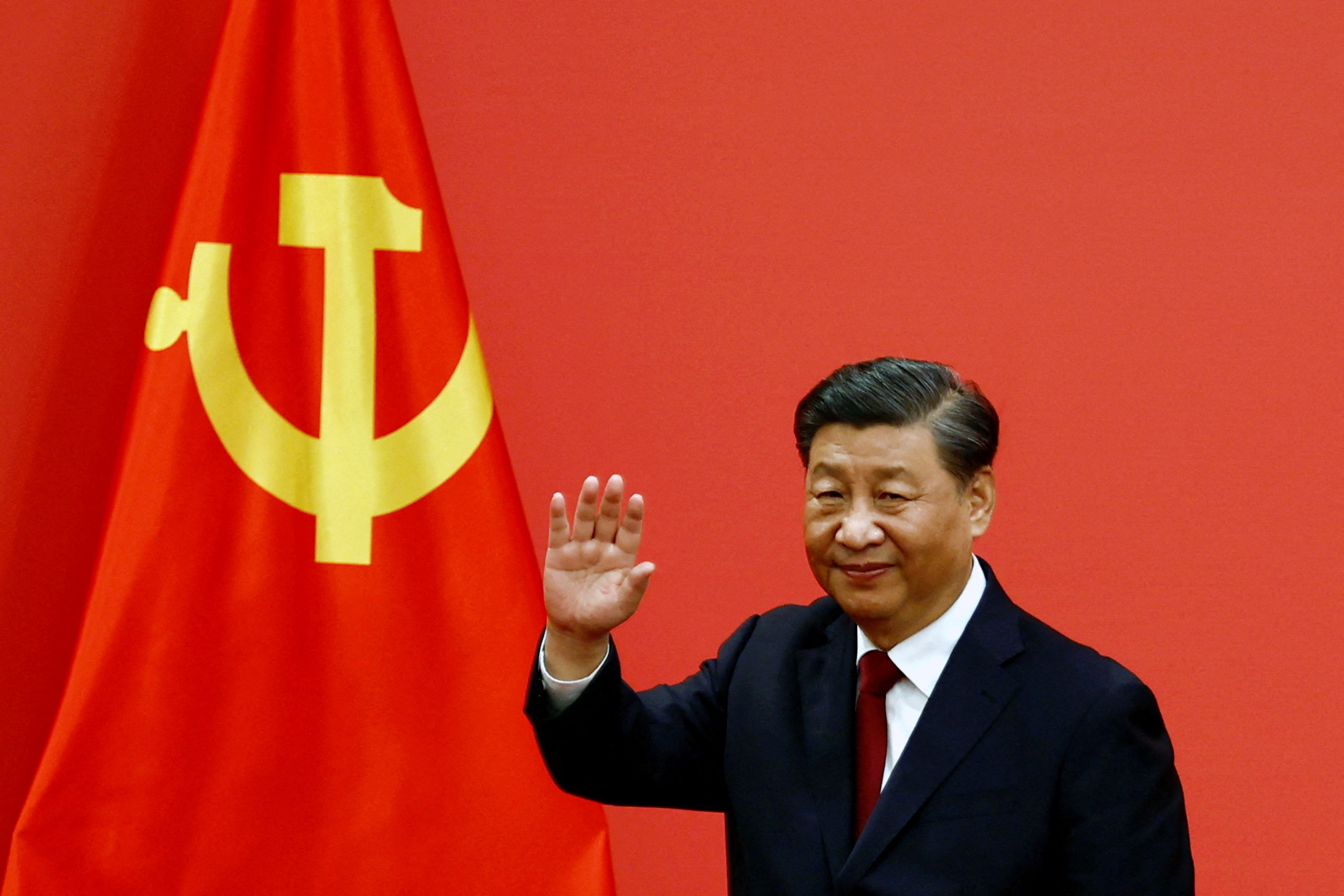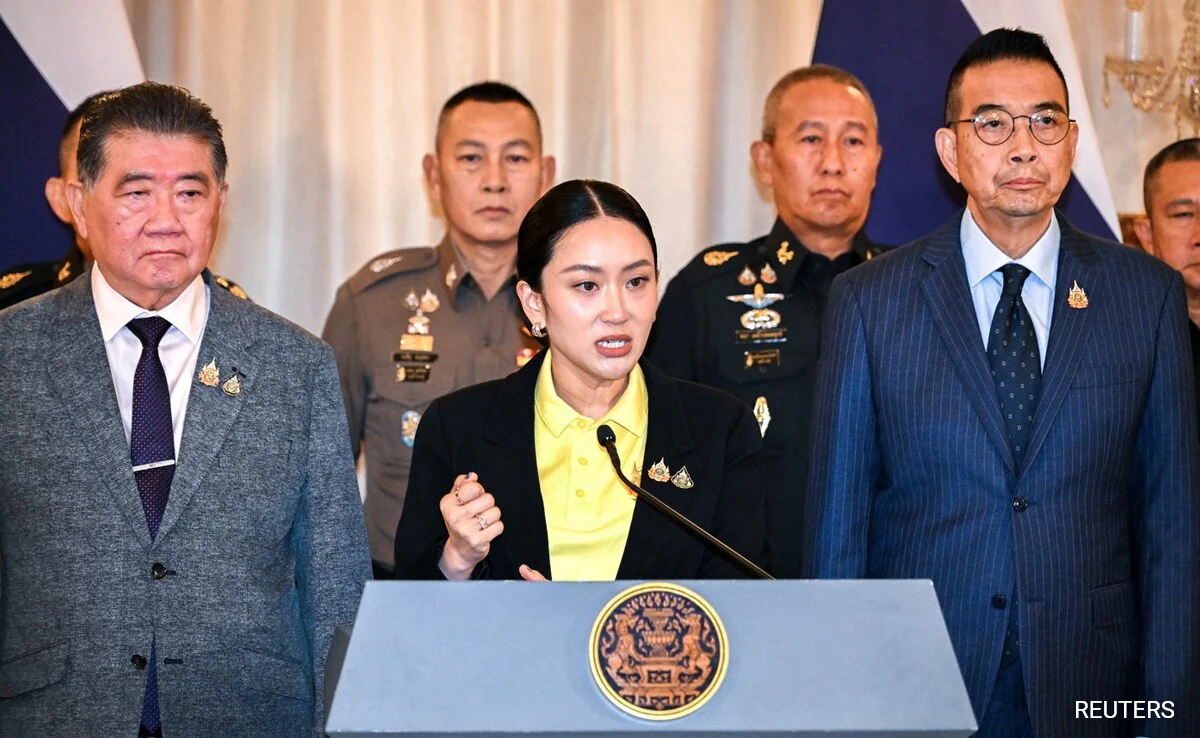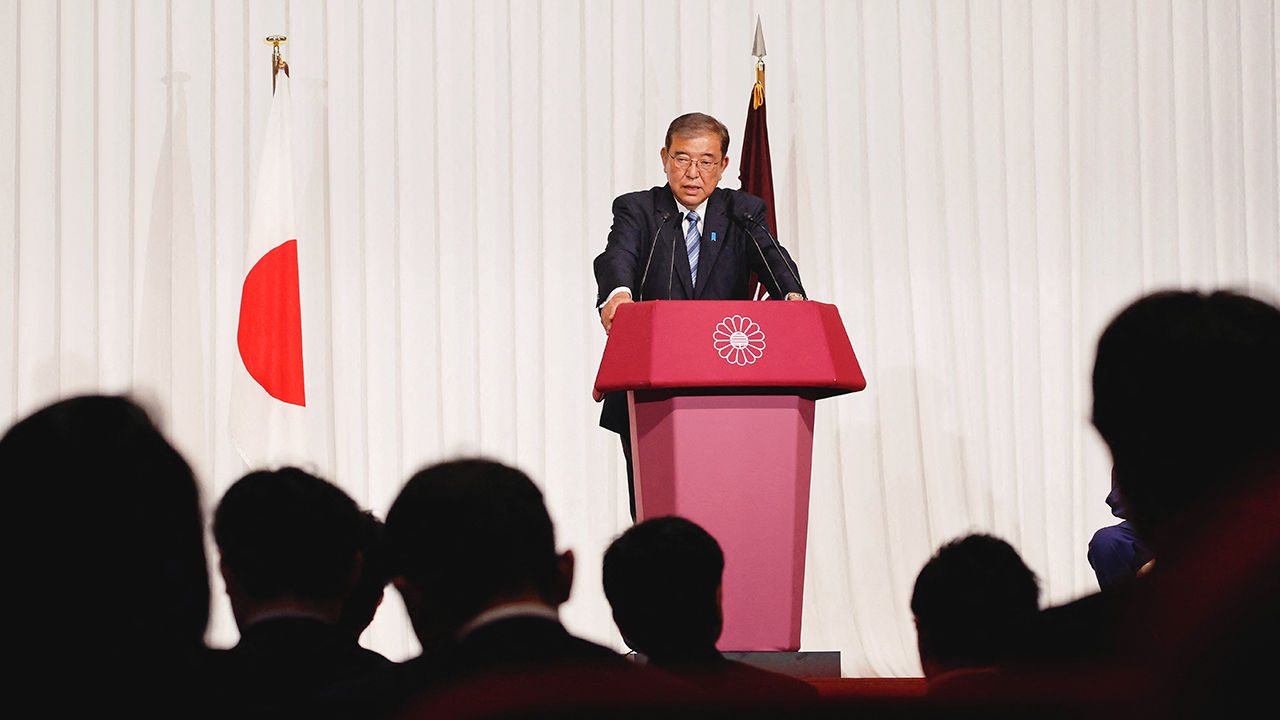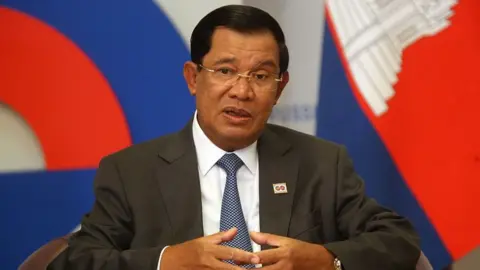In 2017, whispers of a foiled coup attempt against Chinese President Xi Jinping sent shockwaves through global media. The claim, made by a senior Chinese official, suggested that Xi had thwarted a plot by disgraced political heavyweights to seize control of the Chinese Communist Party (CCP). This moment, revealed during the 19th CPC Congress, painted a vivid picture of the high-stakes power struggles within China’s opaque political system. But what really happened? Was this a genuine coup attempt, or a strategic narrative to bolster Xi’s iron grip on power? Let’s unravel this fascinating chapter of Chinese politics with a storytelling lens, diving into the details while keeping it human, relatable, and engaging.
The 2017 Revelation: A Coup Foiled?
In October 2017, Liu Shiyu, chairman of the China Securities Regulatory Commission, dropped a bombshell during a panel at the 19th CPC Congress in Beijing. He claimed that Xi Jinping had “saved the party” by foiling a coup plot orchestrated by former political elites targeted by Xi’s sweeping anti-corruption campaign. This wasn’t just a casual remark—it was a rare public acknowledgment of internal dissent within the CCP, a system notorious for its secrecy.
Who Were the Alleged Plotters?
Liu named prominent figures like Bo Xilai, Zhou Yongkang, and Sun Zhengcai, all once-powerful CCP leaders who fell from grace. These “tigers” of Chinese politics, as Xi’s anti-corruption campaign dubbed them, were accused of not just corruption but conspiring to “usurp the party’s leadership and seize state power.” Their downfall was dramatic, with life sentences and public disgrace marking the end of their careers.
Why This Matters
The revelation wasn’t just about a failed coup—it highlighted Xi’s consolidation of power. By framing these disgraced leaders as threats to the state, Xi positioned himself as the savior of the CCP, the military, and even socialism itself. It’s a narrative that resonates deeply in a country where stability is paramount, but it also raises questions about the truth behind the accusations.
The Anti-Corruption Campaign: A Double-Edged Sword
Xi’s anti-corruption campaign, launched in 2012, was a cornerstone of his leadership. Over a million officials, from low-level “flies” to high-ranking “tigers,” were punished for graft. But was it just about rooting out corruption, or was it a tool to eliminate rivals? Imagine a chessboard where every move strengthens the king while toppling potential challengers. That’s how many observers saw Xi’s strategy.
The “Tigers” Caught in the Net
The campaign targeted some of China’s most powerful figures:
- Bo Xilai: Former Chongqing party chief, once a rival to Xi, now serving a life sentence.
- Zhou Yongkang: Former security czar, also jailed for life.
- Sun Zhengcai: Once a rising star, expelled from the CCP in 2017.
Each takedown was a spectacle, reinforcing Xi’s dominance while sending a message: no one is untouchable.
Pros and Cons of the Campaign
| Pros | Cons |
|---|---|
| Strengthened public trust in governance by tackling corruption | Critics argue it was a purge to silence political opponents |
| Restored party discipline and loyalty | Created fear and paranoia within the CCP |
| Bolstered Xi’s image as a strong leader | Alienated powerful factions, potentially fueling dissent |
This campaign wasn’t just about cleaning house—it was about reshaping the political landscape to cement Xi’s authority.
The Coup Allegation: Fact or Fiction?
The idea of a coup in China feels like something out of a political thriller. Picture shadowy meetings in Beijing’s backrooms, whispered plans among disgruntled elites. But how credible is the 2017 claim? Liu Shiyu’s statement, reported by outlets like the South China Morning Post, lacked concrete evidence. No trial documents explicitly accused Bo, Zhou, or Sun of coup plotting, suggesting the narrative might serve Xi’s agenda more than reflect reality.
The Political Context
In 2017, Xi was preparing for his second term as General Secretary. The CPC Congress was a pivotal moment to solidify his legacy. By framing his rivals as coup plotters, Xi could justify their removal while rallying party loyalty. It’s like a CEO firing executives under the guise of “company restructuring” to secure their own position—strategic, but murky.
A Personal Anecdote
I once spoke with a colleague who lived in Beijing during this period. She described the city’s mood as tense, with rumors swirling about purges and power plays. “You could feel the uncertainty,” she said, “like everyone was watching their back.” Her story underscores how Xi’s campaign created a climate of fear, where even whispers of dissent could end careers.
The Players: Who Were the “Heavyweights”?
To understand the alleged coup, we need to know the players. These weren’t just random officials—they were titans of Chinese politics, each with their own power base.
Bo Xilai: The Charismatic Rival
Bo Xilai, once Chongqing’s party chief, was a populist with a flair for drama. His “Chongqing Model” of economic growth and anti-crime campaigns made him a star, but also a threat to Xi’s rise. His 2013 conviction for corruption and abuse of power ended his ambitions, but his charisma still haunts CCP lore.
Zhou Yongkang: The Security Czar
Zhou Yongkang, once China’s top security official, controlled a vast network of influence. His downfall in 2015 was historic—the first Politburo Standing Committee member convicted of corruption in decades. His alleged role in a coup plot added a layer of intrigue to his fall.
Sun Zhengcai: The Fallen Star
Sun Zhengcai, Chongqing’s party chief until 2017, was seen as a potential successor to Xi. His sudden expulsion and Liu’s accusation of coup plotting shocked observers. It’s like a promising young executive being fired just before a promotion—suspicious timing, to say the least.
Xi’s Power Play: Consolidating Control
Xi’s response to the alleged coup wasn’t just defensive—it was a masterclass in political strategy. By 2017, he had already centralized power, heading the CCP, presidency, and military. The coup narrative, whether true or not, gave him a pretext to tighten his grip further.
How Xi Strengthened His Position
- Military Purges: Xi restructured the People’s Liberation Army, ensuring loyalty from top generals.
- Party Loyalty: He promoted allies to key positions, like Cai Qi and Ding Xuexiang.
- Censorship and Surveillance: Xi’s regime ramped up control over media and dissent, making open rebellion nearly impossible.
This wasn’t just about surviving a coup—it was about making sure no one could challenge him again.
Comparison: Xi vs. Previous Leaders
| Leader | Power Consolidation | Anti-Corruption Approach |
|---|---|---|
| Mao Zedong | Cult of personality, absolute control | Purges during Cultural Revolution |
| Deng Xiaoping | Economic reforms, collective leadership | Limited anti-corruption focus |
| Xi Jinping | Centralized power, removed term limits | Massive anti-corruption campaign |
Xi’s approach blends Mao’s charisma with Deng’s pragmatism, but with a modern twist: total control.
People Also Ask (PAA)
What was the alleged coup against Xi Jinping?
In 2017, Liu Shiyu claimed Xi foiled a coup by former CCP heavyweights like Bo Xilai and Zhou Yongkang, who were accused of plotting to seize party control. No concrete evidence was released, leading to speculation about political motives.
Who were the key figures involved in the coup attempt?
The alleged plotters included Bo Xilai, Zhou Yongkang, Ling Jihua, Xu Caihou, Guo Boxiong, and Sun Zhengcai, all high-ranking officials targeted by Xi’s anti-corruption campaign.
How did Xi Jinping consolidate power after the coup?
Xi strengthened his control through military purges, promoting loyalists, and intensifying censorship. His anti-corruption campaign disciplined over a million officials, cementing his authority.
Where can I find reliable sources on Chinese politics?
For in-depth analysis, check reputable outlets like the South China Morning Post, BBC, or academic journals. The Jamestown Foundation offers detailed reports on CCP dynamics.
The Bigger Picture: Power and Paranoia
The 2017 coup allegation wasn’t an isolated incident. Rumors of plots against Xi resurfaced in 2022 and 2025, often tied to his absences from public view. Each time, the lack of transparency fueled speculation, but experts like Aadil Brar dismissed these as “wishful thinking” from anti-CCP groups. It’s like a political soap opera—every disappearance or purge sparks a new theory.
Emotional Appeal: The Human Cost
Behind the headlines, real people felt the impact. Families of purged officials faced disgrace, while ordinary citizens navigated a climate of fear. My colleague in Beijing recalled how her neighbors whispered about “disappearances,” unsure who to trust. It’s a reminder that political games have human stakes, from shattered careers to fractured communities.
Humor: The Rumor Mill
If Chinese politics were a movie, it’d be a thriller with endless plot twists. Every time Xi skips a meeting, the internet lights up with coup rumors. It’s almost comical how quickly speculation spreads—like a game of telephone, but with global consequences.
FAQ Section
Was there really a coup attempt against Xi Jinping in 2017?
Liu Shiyu claimed Xi foiled a coup by disgraced officials, but no public evidence supports this. Many see it as a narrative to justify Xi’s purges.
Why did Xi’s anti-corruption campaign target top officials?
The campaign aimed to eliminate corruption but also served to remove Xi’s rivals, consolidating his power within the CCP.
How does Xi maintain control over the CCP?
Xi uses military purges, loyalist appointments, and censorship to ensure loyalty and suppress dissent.
Are coup rumors common in Chinese politics?
Yes, rumors often emerge during leadership transitions or Xi’s absences, but most lack credible evidence.
Where can I learn more about Xi Jinping’s leadership?
Explore books like “The Governance of China” by Xi Jinping or analyses from think tanks like the Lowy Institute.
Transactional Content: Best Tools for Staying Informed
To dive deeper into Chinese politics, consider these tools:
- South China Morning Post: Offers detailed reporting on CCP dynamics. Visit SCMP
- The Jamestown Foundation: Provides in-depth analyses of Chinese leadership. Visit Jamestown
- X Platform: Follow experts like Aadil Brar for real-time insights. Visit X
Conclusion: A Game of Trust and Power
The 2017 coup allegation against Xi Jinping reveals the intricate dance of power in China’s political arena. Whether a genuine threat or a crafted narrative, it underscores Xi’s unrelenting drive to dominate the CCP. His anti-corruption campaign, while rooting out graft, doubled as a tool to neutralize rivals, reshaping China’s leadership landscape. As we watch this saga unfold, one thing is clear: in Zhongnanhai, trust is scarce, and power is everything. For readers eager to stay informed, reputable sources and critical thinking are your best allies in navigating China’s complex political story.



